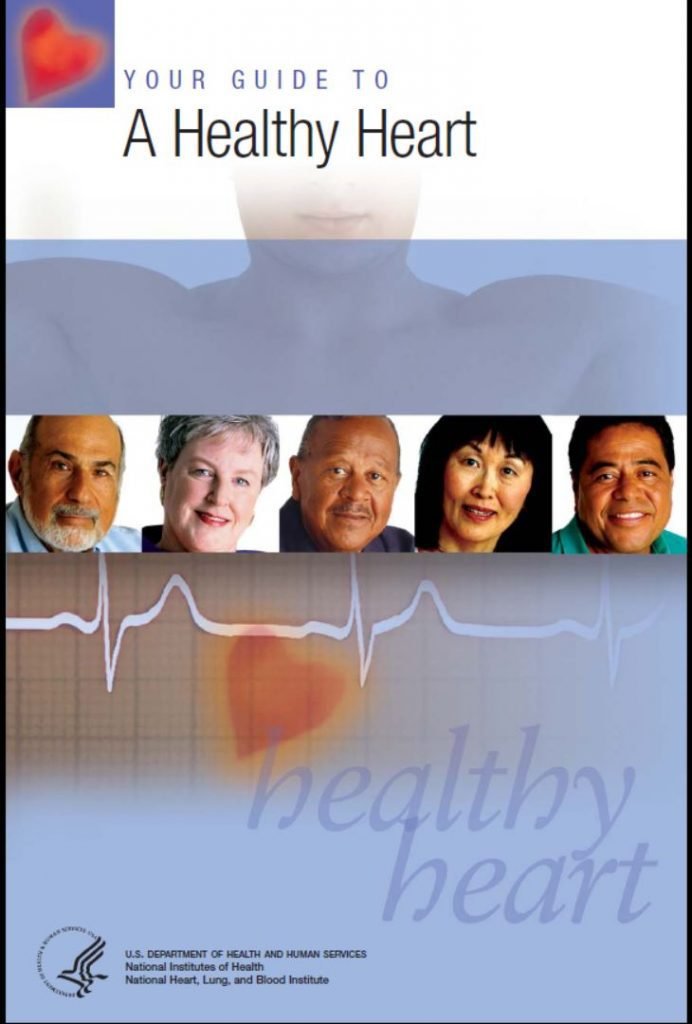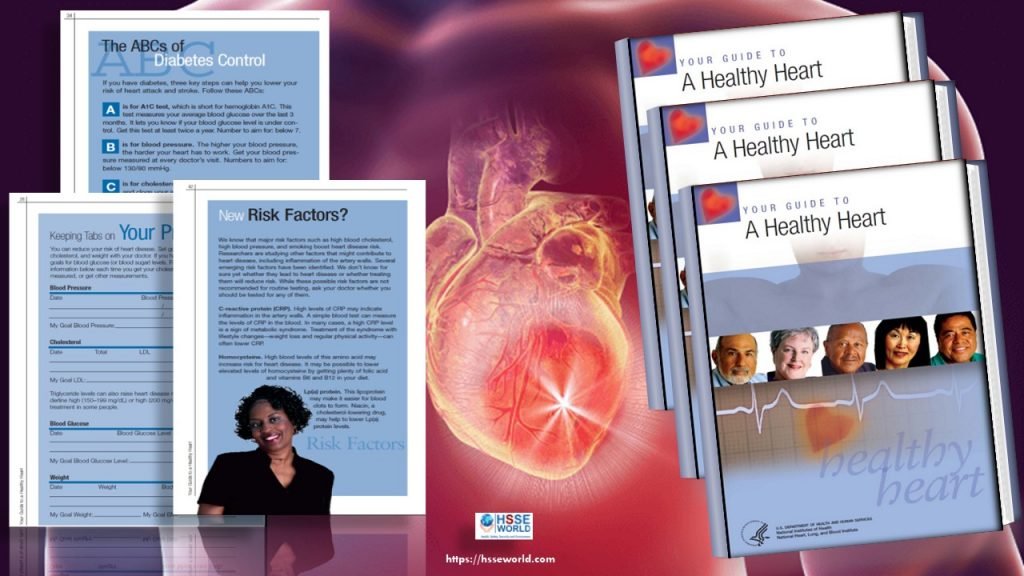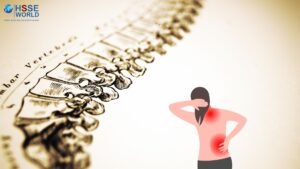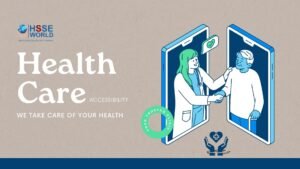E-Books: Your Guide to A Healthy Heart
4 min readHeart Disease: Why Should You Care?
If you’re like many people, you may think of heart disease as a problem that happens to other folks. “I feel fine,” you may think, “so I have nothing to worry about.” If you’re a woman, you may also, believe that being female protects you from heart disease. If you’re a man, you may think you’re not old enough to have a serious heart condition.
Wrong on all counts. In the United States, heart disease is the #1 killer of both women and men. It affects many people in midlife, as well as in old age. It also can happen to those who “feel fine.”
Consider these facts:
- Each year, 500,000 Americans die of heart disease, and approximately half of them are women.
- As early as age 45, a man’s risk of heart disease begins to rise significantly. For a woman, risk starts to increase at age 55.
- Fifty percent of men and 64 percent of women who die suddenly of heart disease have no previous symptoms of the disease.
These facts may seem frightening, but they need not be. The good news is that you have a lot of power to protect and improve your heart health. This guidebook will help you find out your own risk of heart disease and take steps to prevent it.
“But,” you may still be thinking, “I take pretty good care of myself.
I’m unlikely to get heart disease.” Yet a recent national survey shows that only 3 percent of U.S. adults practice all of the “Big Four” habits that help to prevent heart disease: eating a healthy diet,
getting regular physical activity, maintaining a healthy weight, and avoiding smoking. Many young people are also vulnerable. A recent study showed that about two-thirds of teenagers already have at least one risk factor for heart disease.

Every risk factor counts. Research shows that each individual risk factor greatly increases the chances of developing heart disease.
Moreover, the worse a particular risk factor is, the more likely you are to develop heart disease. For example, if you have high blood pressure, the higher it is, the greater your chances of developing heart disease, including its many serious consequences. A damaged heart can damage your life by interfering with enjoyable activities, preventing you from holding a job, and even keeping you from doing simple things, such as taking a walk or climbing steps.

What can you do to reduce your personal risk of heart disease?
First, you can learn about your own risk factors. Second, you can begin to make healthful changes in your diet, physical activity, and other daily habits. Whatever your age or current state of health, it’s never too late to take steps to protect your heart. It’s also never too early. The sooner you act, the better. So use this guidebook to find out more about the state of your heart, and to learn about heart-healthy living. Talk with your doctor to get more information. Start taking action to improve your heart health today.
Contents
The Contents of Your Guide to A Healthy Heart
- Heart Disease: Why Should You Care?
- What You Need To Know About Heart Disease
- What’s Your Risk?
- Major Risk Factors
- What Else Affects Heart Disease?
- Taking Charge: An Action Plan for Heart Health
- Heart Health Is a Family Affair
- A Change of Heart
- How To Estimate Your Risk
- To Learn More
Download the book
More Downloads
- E-Books: Healthcare Hazard Control & Safety Management
- E-Books: Safety, Health and Working Conditions Training Manual
- E-Books: Energy Efficiency in Water and Wastewater Facilities
- E-Books: Fire Service Features of Buildings and Fire Protection Systems
- E-Books: Evaluation of Fire Safety free download
- E-Books: PPE for Chemical, Biological, and Radiological Hazards free
- E-Books: Changing the Workplace Safety Culture free download
- E-Books: Site Emergency Planning Workbook
- E-Books: Load Restraint Guide
- E-Books: Essential Practices for Creating, Strengthening, and Sustaining Process Safety Culture
- E-Books: System Safety Engineering and Risk Assessment
- E-Books: Permit-Required Confined Spaces
- E-Books: Is it Safe to Enter Confined Space?
- E-Books: 5-Minute Workplace Safety Talks
- E-Books: Safety Culture and High-Risk Environments
- E-Books: Practical Guide to Industrial Safety
- E-Books: Slip, Trip, and Fall Prevention for Healthcare Workers
- E-Books: Health and Safety at Work Key Terms
- E-Books: Fundamentals of Process Safety Engineering
- E-Books: Gas Detection Hand Book
- E-Books: Occupational health and safety management systems ANSI-AIHA-z10-2012
- E-Books: Hot Work on Drums and Tanks
- E-Books: Human Fatigue Risk Management
- E-Books: Guidelines for the provision of facilities and general safety in the construction industry
- E-Books: Handbook of Training in Mine Rescue and Recovery Operations ( 2021)
- E-Books: Code of Practice for the Safe Use of Lifting Equipment – Edition 9 (Nov 2019)
- E-Books: Free Forklift Health and Safety Best Practices Guideline
- E-Books: Handbook of Hazardous Chemical Properties
- E-Books: Human Performance Improvement through Human Error Prevention
- E-Books: Principles Of Fire Risk Assessment In Buildings
- E-Books: Investigation of Occupational Accidents and Diseases
- E-Books: Radiation Protection and Safety in Industrial Radiography
- E-Books: Basic Guide to System Safety, Third Edition
- E-Books: Food Safety Management-A Practical Guide for the Food Industry
- E-Books: Safety identification: Escape and evacuation plan signs- ISO 23601
- E-Books: Safety at Work
- E-Books: The Safety-Critical Systems Handbook 4th edition
- E-Books: Fundamental principles of occupational health and safety
- E-Books: Fire Safety Risk assessment Guide – Sleeping Accommodation
- E-Books: Mental health at work series
- E-Books: Live Fire Training: Principles and Practice
- E-Books: Pre-Startup Safety Review Guide
- E-Books: Fire and Emergency Drill Manual and Building Inspection Guide
- E-Books: Health and Safety: Risk Management 5th edition
- E-Books: Fire Protection systems -Third edition 2021
- E-Books: Fire Safety Logbook templates
- E-Books: From Accidents to Zero
- E-Books: Electric Safety Practice and Standards
- Your steps to chemical safety
- E-Books: Ergonomics and Psychology Developments in Theory and Practice
- E-Books: HAZOPS Should BE fun-The Stream-Based HAZOP
- E-Books: Safety Health and Environmental Auditing
- E-Books: A Quick Guide to Health and Safety
- E-Books: Occupational Ergonomics A Practical Approach
- E-Books: Job Hazard Analysis A Guide for Voluntary Compliance and Beyond
- E-Books: Electrical Safety of Low Voltage Systems



